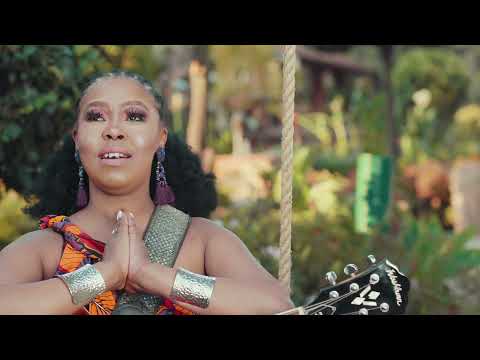

"The problem of environmental degradation on the African continent is a severe one. However, we hasten to declare, from the outset, that a single paper would be inadequate to explicate the practice of intertextuality in African prose fiction we therefore limit ourselves to a representative sample of related contemporary African prose texts. It is discovered that intertextuality appears relevant to the production and criticism of the contemporary African novel. Therefore, in the paper, an attempt is made to do a critical examination of the relevance of intertextuality to the evaluation of the contemporary African novel. This paper seeks to partake in the filling of this critical gap.

However, there is a dearth of studies on the place of the theory in the production and criticism of contemporary African fiction. The relevance of Intertextuality to the analysis of contemporary African Drama has been widely discussed.

One of such theories that have been at the heart of this strain is intertextuality. There is a diversion away from the monolithic theories to more synchronic ones. Many critical theories have evolved as a result of the pluralistic nature of the contemporary world.

From the explorations of the above varied concerns, this work concludes that either the artist is a bad teacher, or is someone from whom the ability to teach or record his society’s mores breaks free. Rather than record the mores of a society, at most, society merely affords him a place through its language for the purpose of mediating ‘reality’ at a second remove. In addition, this work demonstrates that the artist is a victim of the fleeting space of in-betweenness in which his craft is formed and to which he owes allegiance. The sense of unity is later exploded via exploring the chaotic meaning in Nigerian literature from traditional to modern works. It also argues that the notion of function, either teaching or recording of mores, privileges unity of message. This article proceeds by problematising such terms as artist, society, mores and teaching, on one hand, and by invoking such theoretical concepts of literature enunciated by critics, from Aristotle to Akwanya, on the other, in order to dismantle the argument that the artist teaches. Yet no critic has closely interrogated this stance and the constitution of the space of representation and teaching what he really teaches the shades of opinion that make him seem a recorder of his society’s mores and other sundry lacunae. This includes teaching his audience through his work, having qualified as the keeper of his society’s mores. Critics have argued that the African literary artist carries out some kind of function.


 0 kommentar(er)
0 kommentar(er)
